
Explore the psychological aspects of Fashion
- 28 Oct, 2023
- Fashion
- 614 Views
- 0 Comments
The psychological aspects of fashion are fascinating and multifaceted. Here's a deeper exploration of the topic:
1. Self-Expression and Identity:
Fashion serves as a tool for self-expression. The clothes we wear often reflect our personality, mood, and identity. Different styles, colors, and accessories can convey confidence, creativity, professionalism, or rebellion, allowing individuals to showcase their inner selves to the outside world.
2. Body Image and Self-Esteem:
Fashion can significantly impact body image and self-esteem. Media portrayal of idealized body types can create unrealistic standards. People might use fashion to either conform to these ideals or challenge them, affecting how they perceive their bodies and, consequently, their self-esteem.
3. Social Perception and Stereotyping:
Clothing influences how others perceive and stereotype individuals. First impressions based on clothing choices can affect social interactions. Certain attire may lead to assumptions about a person's socioeconomic status, occupation, or personality, highlighting the power of fashion in shaping social judgments.
4. Consumer Behavior and Shopping Patterns:
Psychological factors, such as emotions, desires, and social influence, play a role in consumer behavior. Impulse buying, brand loyalty, and the desire for social acceptance drive fashion-related purchases. Understanding these psychological triggers helps marketers create effective advertising and sales strategies.
5. Fashion and Mood Enhancement:
The right outfit can boost confidence and mood. This phenomenon, known as enclothed cognition, suggests that our clothing choices can influence our psychological processes. Wearing clothes associated with confidence or success may enhance performance and overall mood.
6. Fashion Trends and Conformity:
Fashion trends often emerge from a collective desire for novelty and belonging. People might conform to these trends to fit in or rebel against them to assert individuality. Understanding the psychological need for conformity and rebellion helps analyze the cyclical nature of fashion trends.
7. Therapeutic and Creative Outlets:
Fashion therapy is a growing field that recognizes the therapeutic benefits of clothing. People can use fashion to cope with stress, trauma, or mental health issues. Additionally, fashion design can be a creative outlet, allowing designers to express complex emotions and ideas through their creations.
8. Environmental Consciousness:
As awareness of environmental issues grows, consumers are psychologically driven to make sustainable fashion choices. This shift reflects a changing collective mindset, where ethical concerns influence purchasing decisions and lead to the rise of eco-friendly fashion.
9. Fashion and Rituals:
Fashion is often intertwined with cultural and personal rituals. Traditional attire worn during ceremonies or special occasions holds deep psychological significance, connecting individuals to their heritage, spirituality, or social communities.
Understanding these psychological aspects of fashion provides valuable insights into human behavior, societal norms, and cultural dynamics. It also underscores the complex interplay between individual choices, societal influences, and psychological well-being in the realm of fashion.






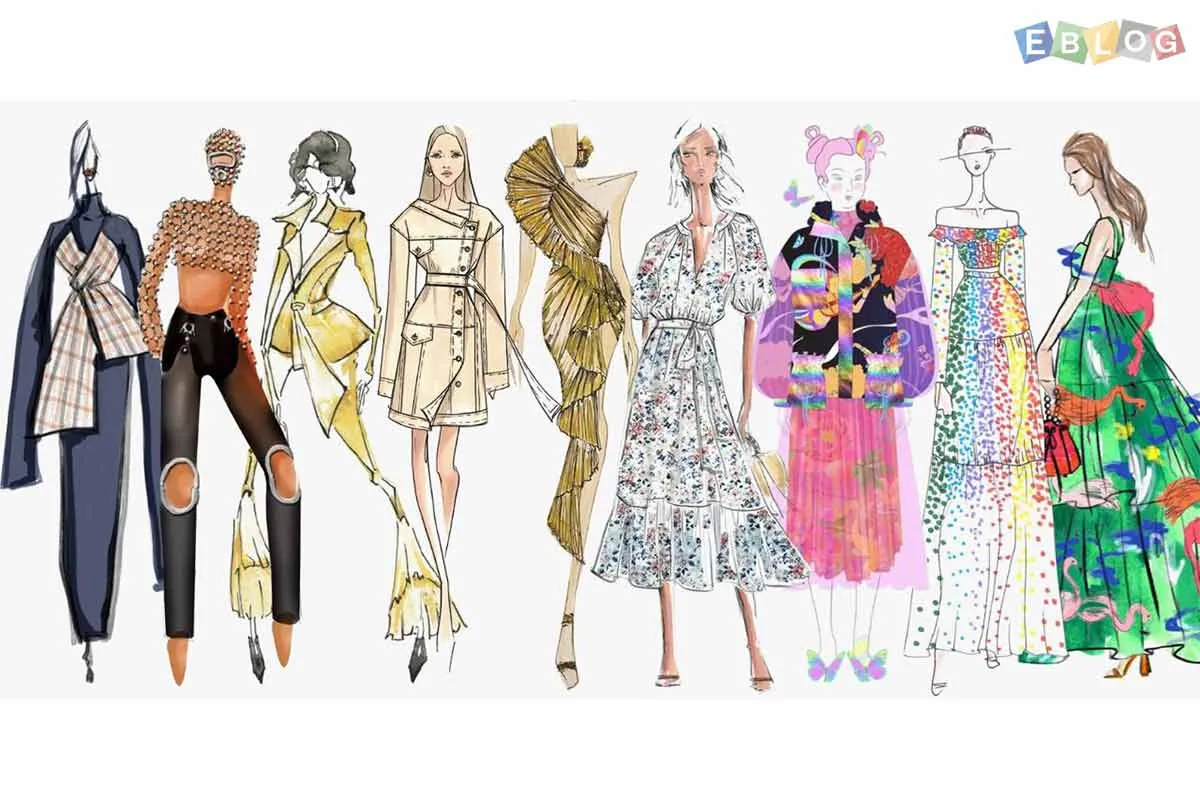


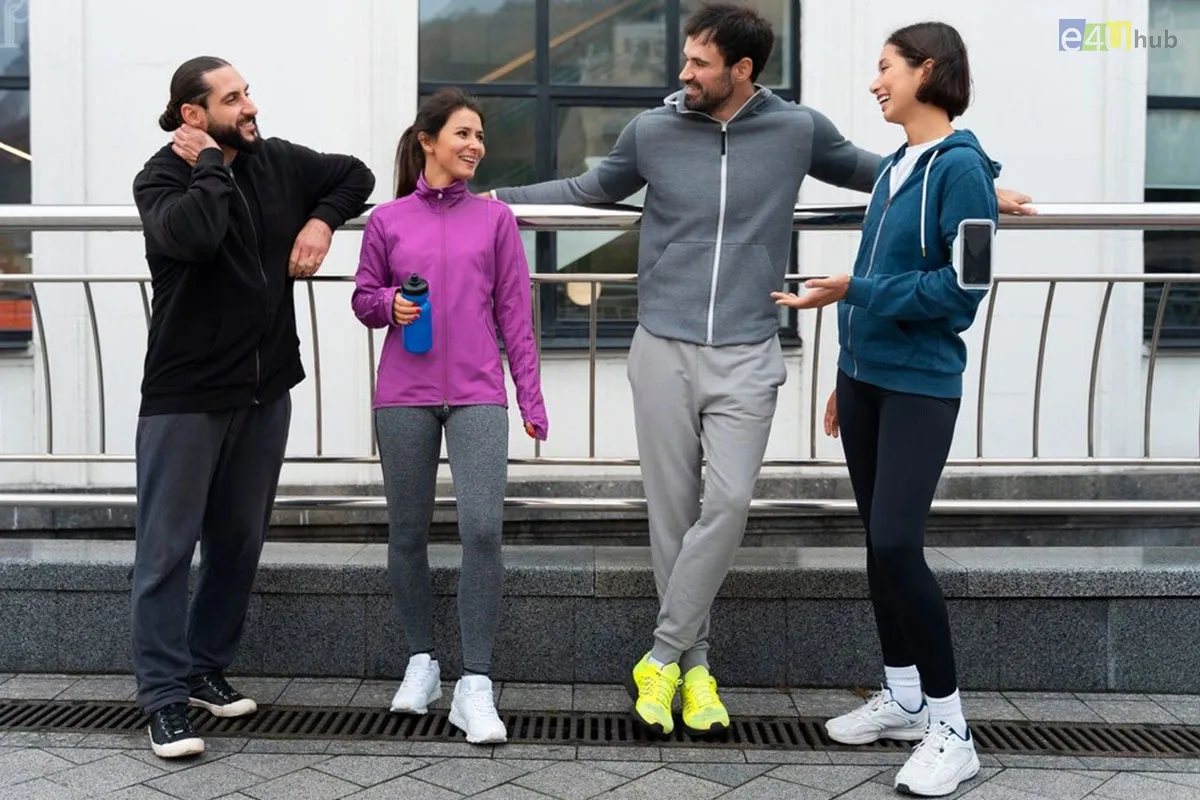
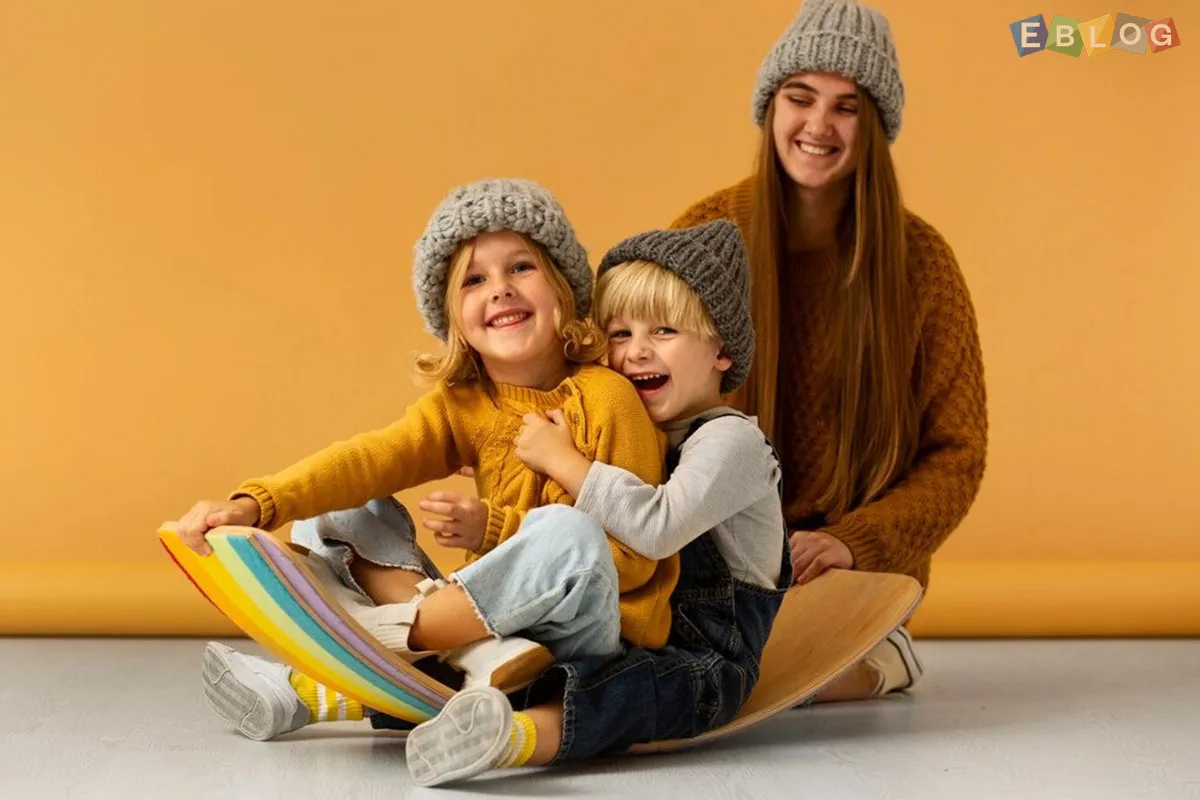
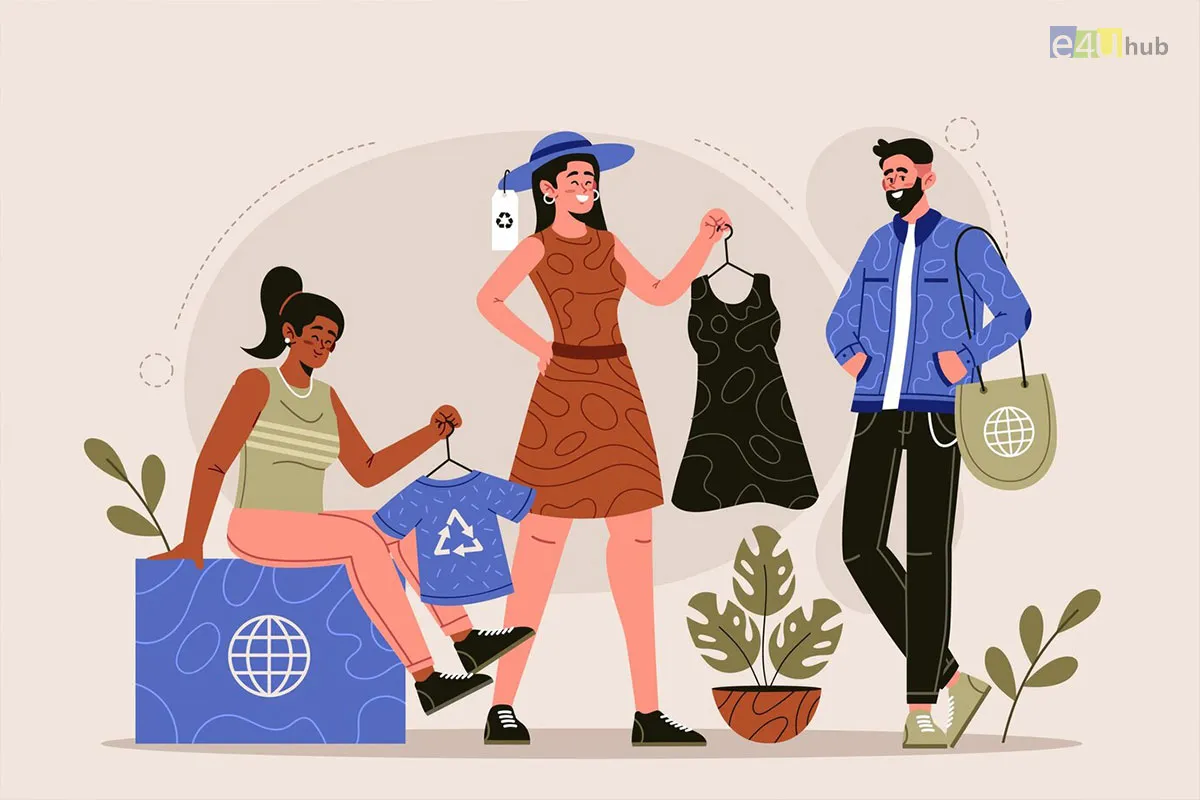
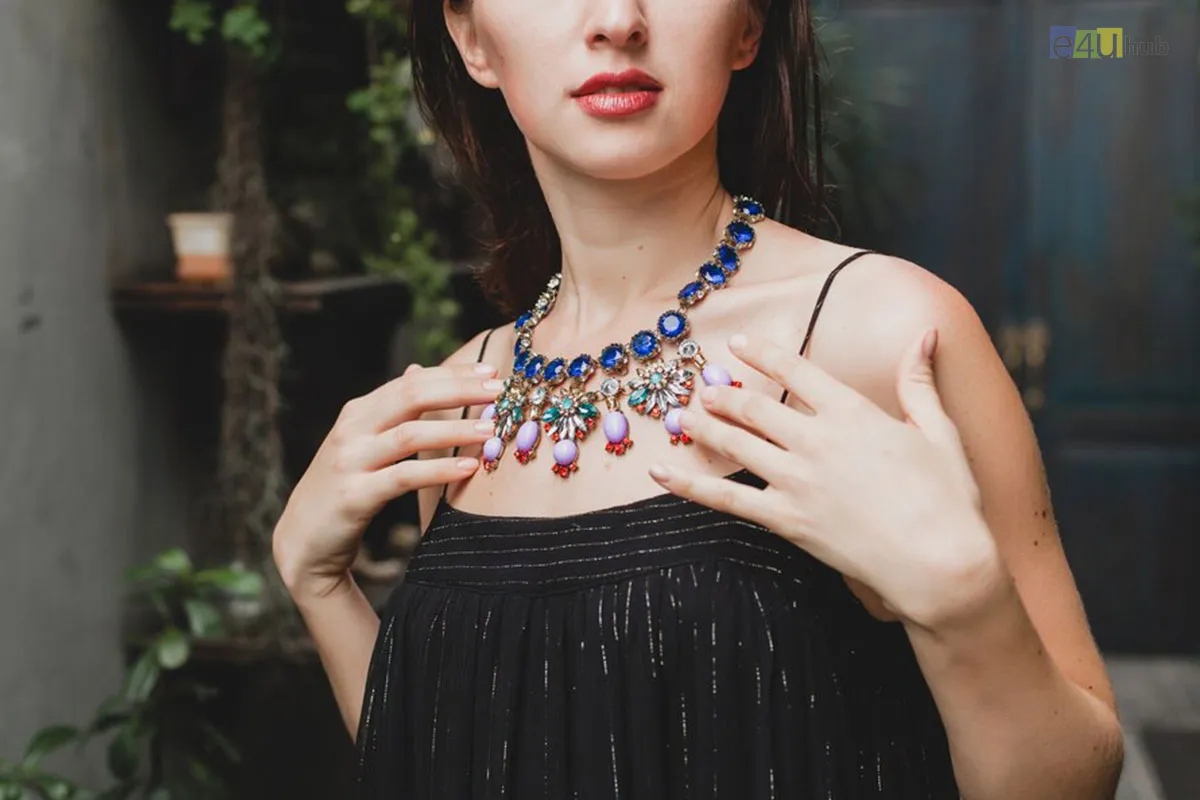

Leave a Reply